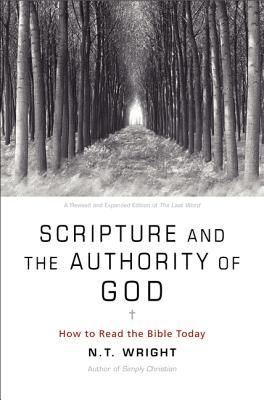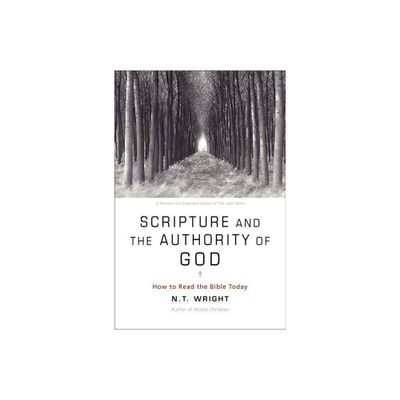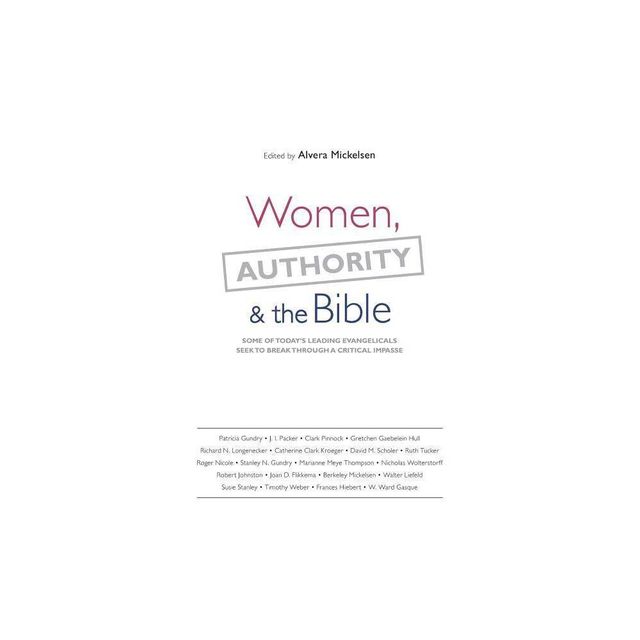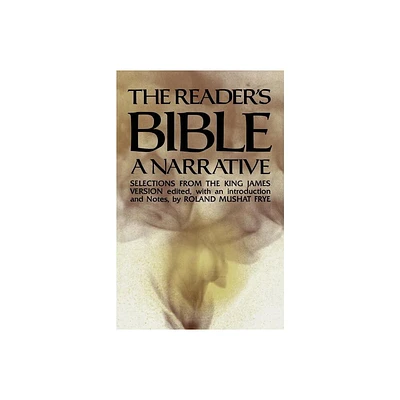Home
Bible and Novel: Narrative Authority and the Death of God
Loading Inventory...
Barnes and Noble
Bible and Novel: Narrative Authority and the Death of God
Current price: $155.00


Barnes and Noble
Bible and Novel: Narrative Authority and the Death of God
Current price: $155.00
Loading Inventory...
Size: OS
*Product Information may vary - to confirm product availability, pricing, and additional information please contact Barnes and Noble
The Victorian novel acquired greater cultural centrality just as the authority of the scriptures and of traditional religious teaching seemed to be declining. Did the novel supplant the Bible? The novelists often adopted or participated in a broadly progressive narrative of social change which can be seen as a secular replacement for the theological narrative of "salvation history" and the waning authority of biblical narrative. Victorian fiction seems in some ways to enact the process of secularization. But contemporary religious resurgence in various parts of the world and postmodern scepticism about grand narratives have challenged and complicated the conventional view of secularization as an irreversible process, an inevitable "disenchantment of the world" which is an aspect and function of the grand narrative of modernization. Such developments raise new questions about apparently post-Christian Victorian fiction.
In our increasingly secular society novel-reading is now more popular than Bible-reading. Serious novels are often taken more seriously than scripture. Norman Vance looks at how this may have come about as an introduction to four best-selling late-Victorian novelists: George Eliot, Thomas Hardy, Mary Ward and Rider Haggard. Does the novel in their hands take the place of the Bible? Can apparently secular novels still have religious significance? Can they make new imaginative sense of some of the religious and moral themes and experiences to be found in the Bible? Do Eliot and her successors anticipate some of the insights of modern theology and contemporary investigations of religious experience? Do they call in question long-standing rumours of the death of God and the triumph of the secular?
Bible and Novel
develops a new context for reading later Victorian fiction, using it to illuminate the increasingly perplexed and confusing issue of 'secularization' and recent negotiations of the 'post-secular'.
In our increasingly secular society novel-reading is now more popular than Bible-reading. Serious novels are often taken more seriously than scripture. Norman Vance looks at how this may have come about as an introduction to four best-selling late-Victorian novelists: George Eliot, Thomas Hardy, Mary Ward and Rider Haggard. Does the novel in their hands take the place of the Bible? Can apparently secular novels still have religious significance? Can they make new imaginative sense of some of the religious and moral themes and experiences to be found in the Bible? Do Eliot and her successors anticipate some of the insights of modern theology and contemporary investigations of religious experience? Do they call in question long-standing rumours of the death of God and the triumph of the secular?
Bible and Novel
develops a new context for reading later Victorian fiction, using it to illuminate the increasingly perplexed and confusing issue of 'secularization' and recent negotiations of the 'post-secular'.


















